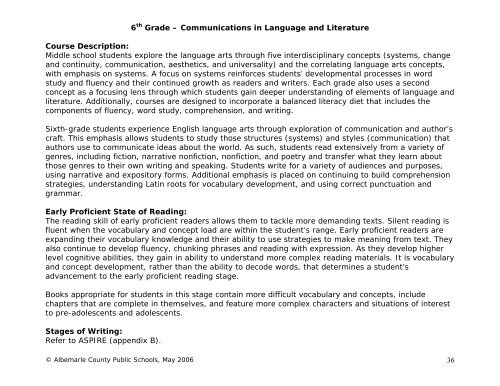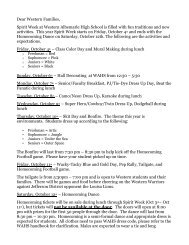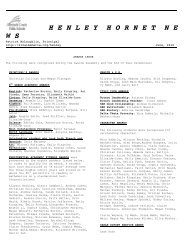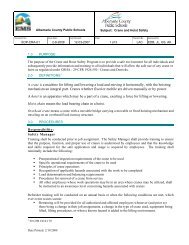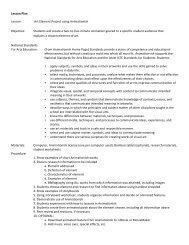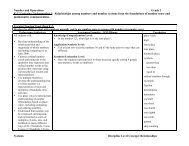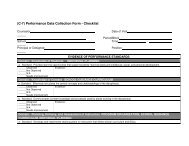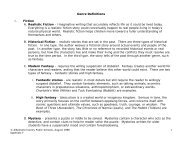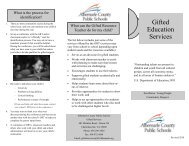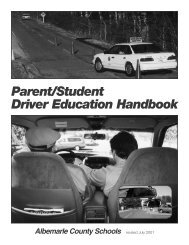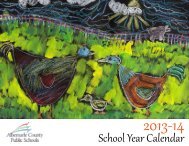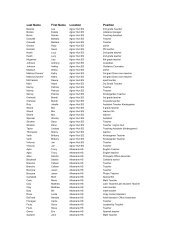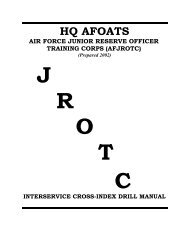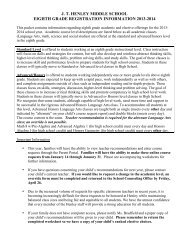Language Arts/English Curriculum Frameworks - Albemarle County ...
Language Arts/English Curriculum Frameworks - Albemarle County ...
Language Arts/English Curriculum Frameworks - Albemarle County ...
Create successful ePaper yourself
Turn your PDF publications into a flip-book with our unique Google optimized e-Paper software.
6 th Grade – Communications in <strong>Language</strong> and Literature<br />
Course Description:<br />
Middle school students explore the language arts through five interdisciplinary concepts (systems, change<br />
and continuity, communication, aesthetics, and universality) and the correlating language arts concepts,<br />
with emphasis on systems. A focus on systems reinforces students’ developmental processes in word<br />
study and fluency and their continued growth as readers and writers. Each grade also uses a second<br />
concept as a focusing lens through which students gain deeper understanding of elements of language and<br />
literature. Additionally, courses are designed to incorporate a balanced literacy diet that includes the<br />
components of fluency, word study, comprehension, and writing.<br />
Sixth-grade students experience <strong>English</strong> language arts through exploration of communication and author’s<br />
craft. This emphasis allows students to study those structures (systems) and styles (communication) that<br />
authors use to communicate ideas about the world. As such, students read extensively from a variety of<br />
genres, including fiction, narrative nonfiction, nonfiction, and poetry and transfer what they learn about<br />
those genres to their own writing and speaking. Students write for a variety of audiences and purposes,<br />
using narrative and expository forms. Additional emphasis is placed on continuing to build comprehension<br />
strategies, understanding Latin roots for vocabulary development, and using correct punctuation and<br />
grammar.<br />
Early Proficient State of Reading:<br />
The reading skill of early proficient readers allows them to tackle more demanding texts. Silent reading is<br />
fluent when the vocabulary and concept load are within the student’s range. Early proficient readers are<br />
expanding their vocabulary knowledge and their ability to use strategies to make meaning from text. They<br />
also continue to develop fluency, chunking phrases and reading with expression. As they develop higher<br />
level cognitive abilities, they gain in ability to understand more complex reading materials. It is vocabulary<br />
and concept development, rather than the ability to decode words, that determines a student’s<br />
advancement to the early proficient reading stage.<br />
Books appropriate for students in this stage contain more difficult vocabulary and concepts, include<br />
chapters that are complete in themselves, and feature more complex characters and situations of interest<br />
to pre-adolescents and adolescents.<br />
Stages of Writing:<br />
Refer to ASPIRE (appendix B).<br />
© <strong>Albemarle</strong> <strong>County</strong> Public Schools, May 2006 36


